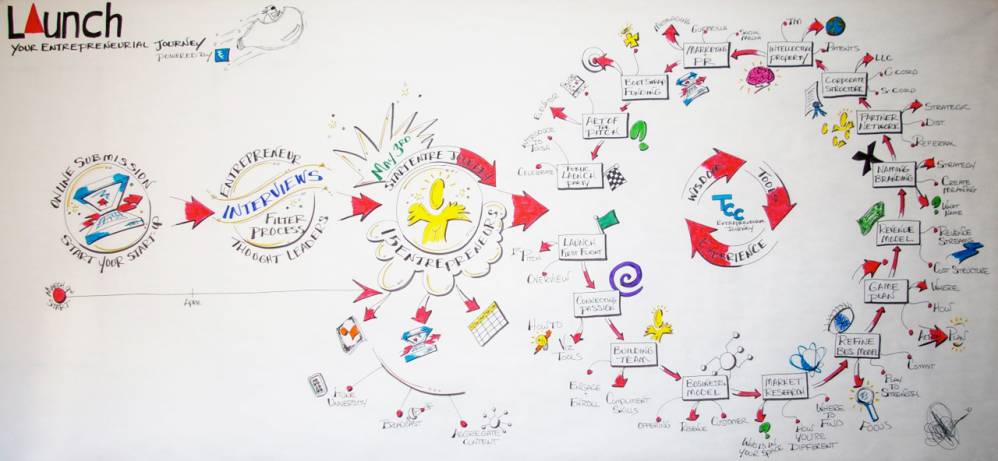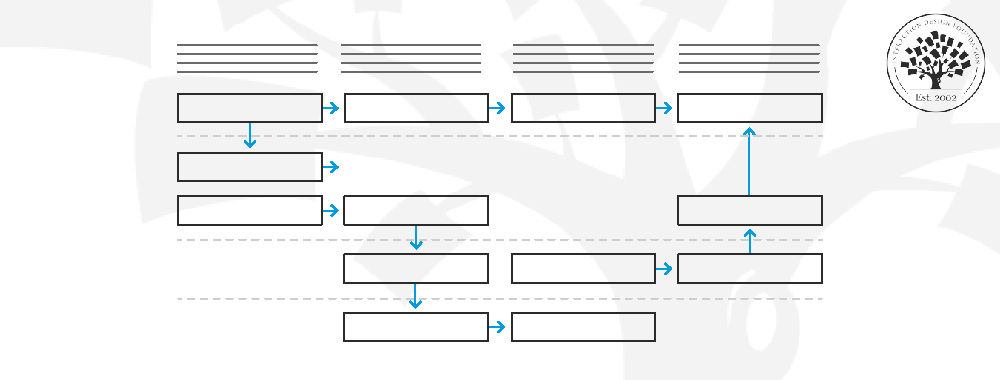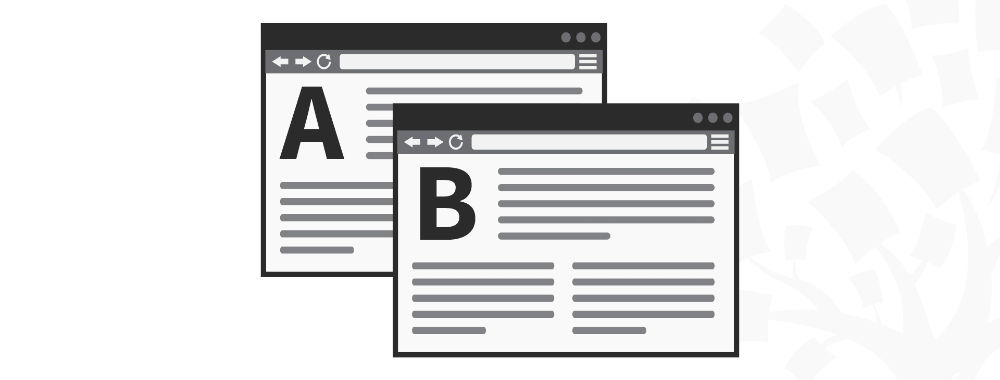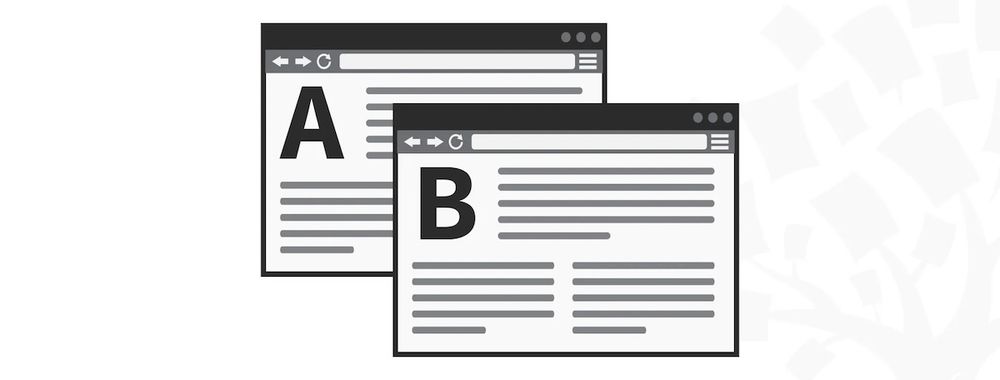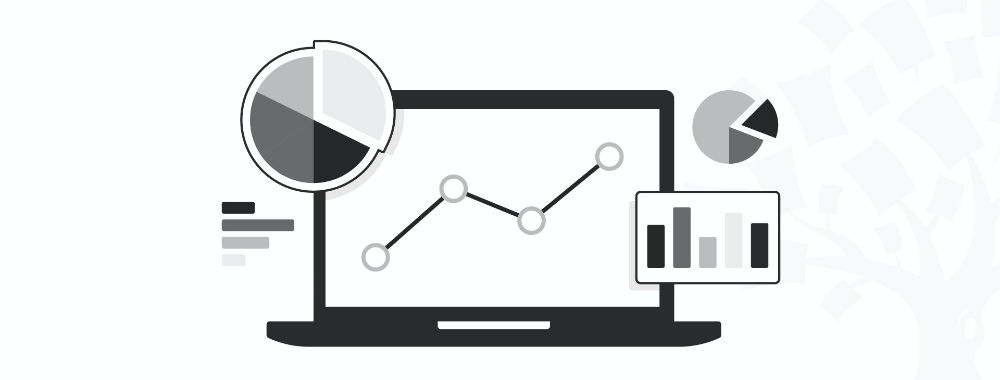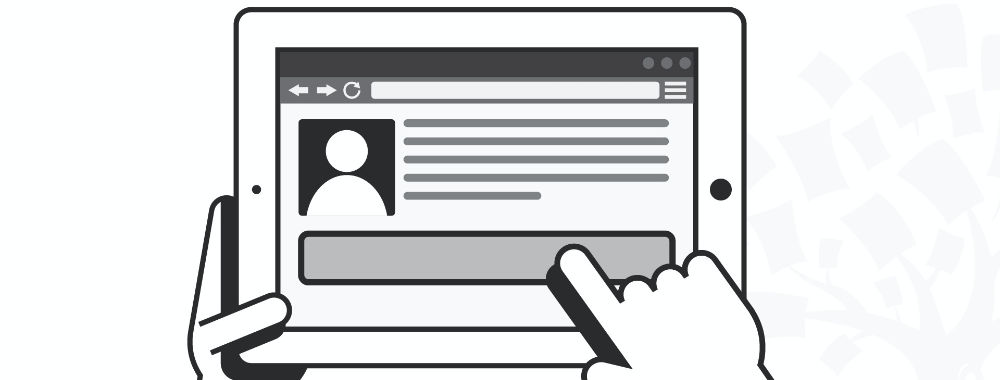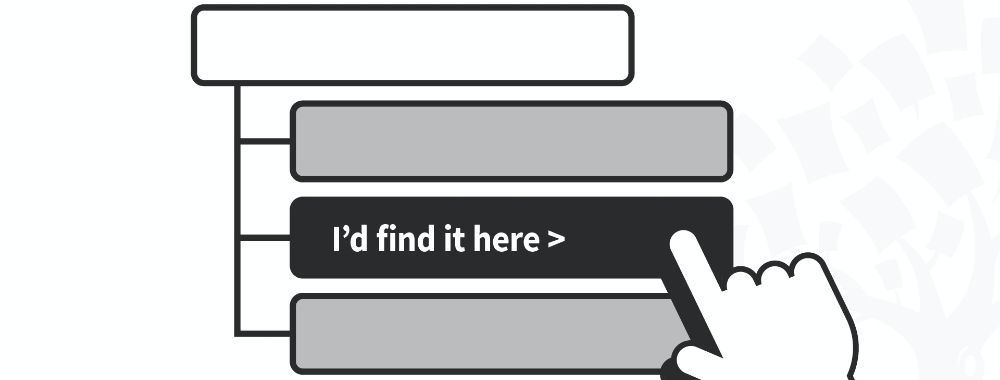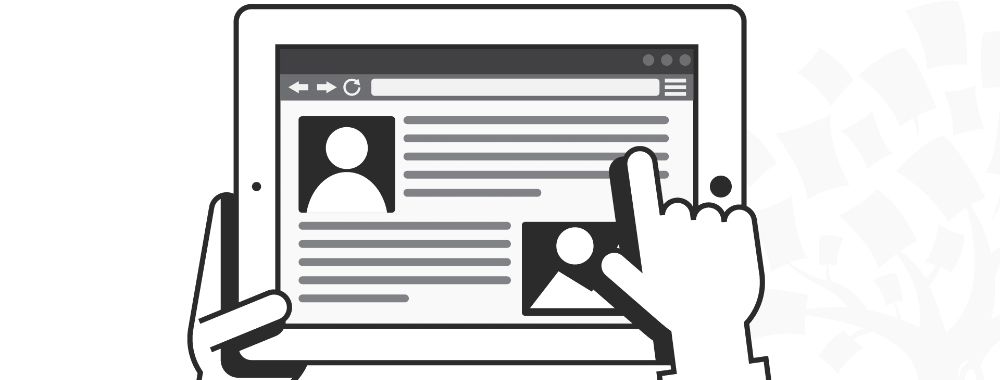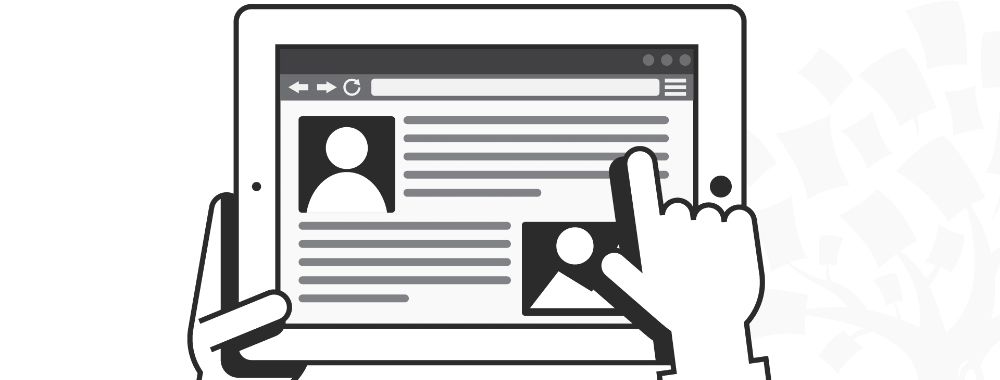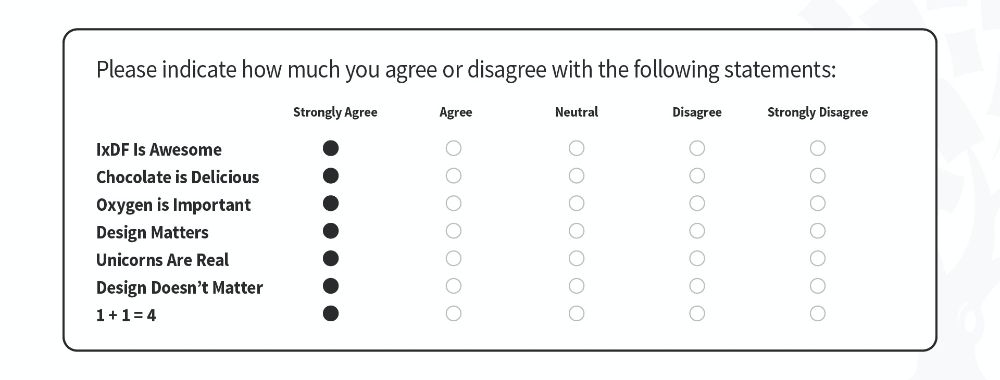Nobody said that starting a business would be easy. Founders of startups are under intense pressure to get good at a whole range of things: coding, recruitment, raising capital, and, or course, selling (or pre-selling) the product itself. So do they really need to add UX design to that demanding list of skills?
We’d argue that they do. In fact, we’d even suggest that it’s the most important skill that a startup’s founder can develop. Why? Because businesses that succeed in the long-term are all about the products that they deliver. It doesn’t matter how well you code, how talented your staff are, how much money you have to start with – if you deliver a product that doesn’t bring users on board and quickly… you’re going to be out of business.
If anyone still remembers the biggest failure of the dotcom boom of the early 2000s; you’ll remember boo.com the infamous fashion retailer that raised billions in startup funding and fell flat on its face to sink without trace. They’d focused on coding, recruiting, etc. but had totally forgotten that without a viable product (the website was a disaster, clunky, slow and impossible for consumers to engage with) you don’t have a business.
So what are the benefits of learning UX design as an entrepreneur?
It lets you connect with your eventual users and customers
Products are supposed to solve people’s problems. Many products that fail do so because they didn’t solve a problem anyone cared about. Others fail because while they solved a meaningful problem they forgot that people have a mental tally about what solving a problem is worth. Taking the garbage out every day is important. It’s a bit of a pain.
If you could solve that problem for people they might be excited if it cost them say $10 a month but if it required the purchase of a $1 million robot trash carrier and a $100,000 annual service contract… it’s pretty unlikely that you’d see the trash being carted from homes by robots.
Connecting with your users lets the entrepreneur understand if their solutions are going to be viable. It lets you understand the potential market size and most importantly the value of that market.
If you want to succeed in business – you have to know what people want, what they’ll pay for that and that there enough people out there who want and will pay for a solution for you to make a profit.

Author/Copyright holder: Unknown. Copyright terms and licence: Unknown Img source
It improves your ability to communicate with your key employees
In a slightly different take on a famous story; “Six blind elephants were discussing what men were like. After arguing they decided to find one and determine what it was like by direct experience. The first blind elephant felt the man and declared, 'Men are flat.' After the other blind elephants felt the man, they agreed.”
When projects are new and the people working on them are new – there’s a certain degree of blindness built into the business. Helping people, understand what’s really needed, is often better done through UX tools such as wireframes and prototypes where the visual representation is clear and guides the project than it is through spoken communication. There are too many nuances in people’s interpretation of words. If you’ve got a visual to work with – there’s much less chance of mistakes throwing your projects off course.
It can save on hiring a UX designer
Too many cooks spoil the broth and in many startup environments the most important objective is the time frame required to get to market. The longer that time frame the more likely it is that the company runs out of cash and the product never ends up in user’s hands.
If the founder of a business is a UX designer; they can make UX related decisions. There’s no need to hand off the process to a team and let things get bogged down in internal politics, etc.
The fewer people in the decision making process; the faster that process goes, the easier and quicker it is to iterate the product and move on to the next development phase. This might add significant value to the bottom line when you’re trying to get a product out the door and on the shelf before you go broke.
Of course, in some instances – you’re going to need additional UX resources. If you can show that a dedicated designer or team of designers is going to speed things up on your project; don’t be reluctant to hire them. Just consider the implications of increasing the complexity of the decision making process before you go ahead.
It can improve your hiring process
There are so many disciplines hiding under the surface of “UX Design”. Interaction designer, usability tester, ethnographic researcher, etc. It’s hard to work out which skills you really need if you don’t understand the discipline yourself.
Catch all plans to hire a “UX designer” aren’t likely to lead to the business outcomes you want. If you know UX design; you can quickly make rational decisions about the enhancements you want to make to your teams.
It may also help you appreciate that great designers don’t grow on trees and that finding great designers takes time and money.

Author/Copyright holder: Leggett&Platt. Copyright terms and licence: All rights reserved Img source
It builds better teams
Taking UX seriously from the top allows the culture of your business to focus on UX at inception. That means you’re more likely to build cooperative teams that are fully engaged in the design process rather than a bunch of fresh silos that hinder the development efforts.
You’ll also be able to determine which inputs add value to the design process much more easily when you sit inside the design fence rather than outside it as a remote leadership figure.

Author/Copyright holder: John Cooper. Copyright terms and licence: CC BY-NC-ND 2.0
Summary
UX design is no longer an optional part of an entrepreneur’s skillset. As you can see there are sound business reasons to get your UX design skills up to scratch if you want your launch to go without a hitch.
Header Image: Author/Copyright holder: StartUp Cup Copyright terms and licence: All rights reserved Img Source
